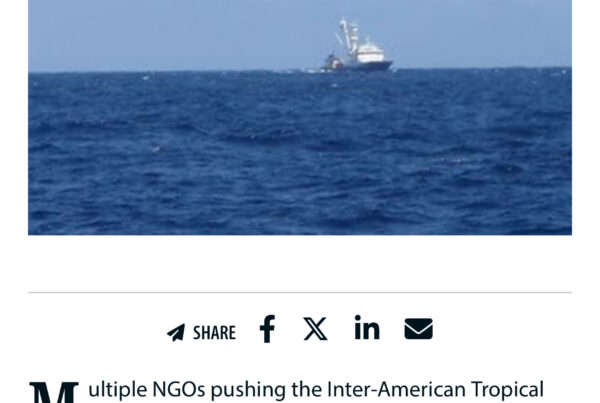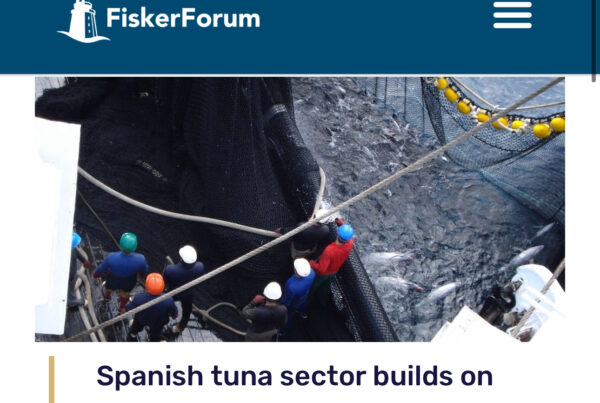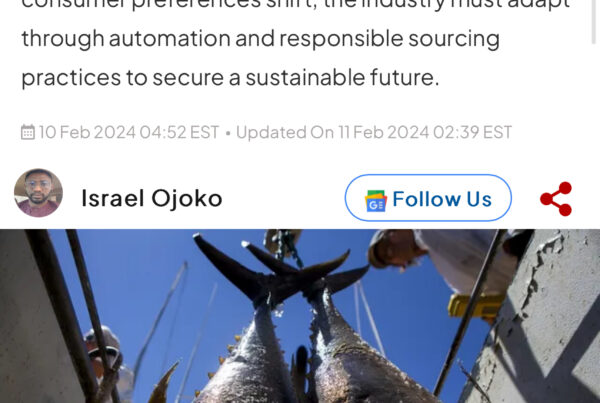Ban on Longliners Using Wire Leaders Takes Effect to Protect Sharks
A new regulation prohibiting the use of wire leaders in longline fisheries is expected to increase the survival of hooked oceanic whitetip sharks by up to 30%.
The Marshall Islands Become the First Pacific Island Nation To Publish Fishing Activity to Global Fishing Watch Map
The Republic of the Marshall Islands has committed to sharing its vessel monitoring data on Global Fishing Watch’s public map, bolstering ocean governance and promoting compliance throughout some of the world’s richest fishing grounds. This momentous decision was announced on April 14, 2022 at the seventh Our Oceans Conference by the Honorable John M. Silk, Minister of Natural Resources and Commerce for the Republic of the Marshall Islands. The declaration marks the first Pacific island nation to make its fishing activity visible to the world.
Solomon Islands Fisheries Ministry Says It Is Committed to the Sustainable Development of Tuna
As Solomon Islands joins the world to celebrate World Tuna Day on May 2, the Government through the Ministry of Fisheries and Marine Resources (MFMR) reassures its commitments to the sustainable development and management of tuna fisheries in collaboration with other regional and international stakeholders.



